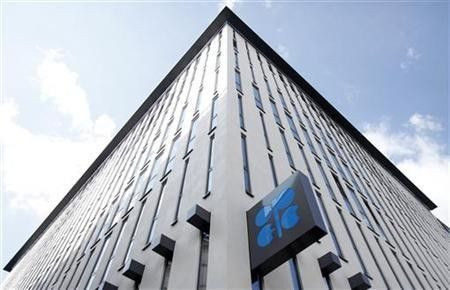OPEC Seeks to Heal Rift, Fix Oil Target

(REUTERS) -- OPEC began negotiations on Monday on a new production deal aimed at healing the rift caused by a bad-tempered failure to agree an output target when it last met in June.
At stake for the Organization of the Petroleum Exporting Countries at its Wednesday meeting is a credible output policy heading into a year when sluggish global economy could undermine fuel demand and bring down oil prices that now are over $107 a barrel.
I think they have to agree this time because they need to be credible, said former Algerian Oil Minister Chakib Khelil ahead of the meeting of the 12-member cartel that pumps more than half the world's oil exports.
Without a collective supply target, OPEC members with spare capacity - Saudi Arabia and its Gulf Arab allies - will remain free to pump at will.
Leading producer Saudi Arabia made clear its intention to keep oil prices under control, saying last week it was producing a surprisingly high 10 million barrels daily of crude, much more than estimated by most in the oil industry.
That pleased consumer nations worried about the impact of oil prices on global growth.
OECD stock levels are at historically low levels, plus we are in very fragile economic recovery situation, said Fatih Birol, chief economist at the International Energy Agency.
But the Saudi position is worrying for the price hawks in OPEC like Iran, Algeria and Venezuela who want to keep oil above $100.
Iran wants a commitment from Saudi Arabia and other Gulf OPEC producers that they cut back to accommodate the restoration of Libyan supply.
Should OPEC's present output continue, with the increased production of Libya and Iraq next year we would witness an increase in stockpiling and a drop in crude oil prices, said Iran's OPEC representative Mohammad Ali Khatibi.
© Copyright Thomson Reuters {{Year}}. All rights reserved.





















